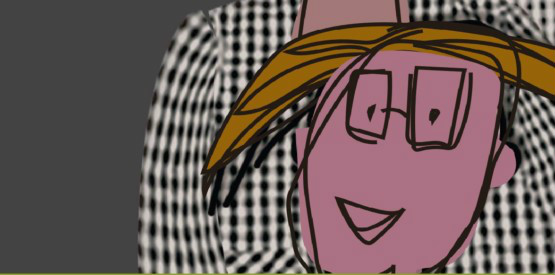Assessment of inclusion advising in mainstream schools: Fundació EIS - El Niu
Keywords:
Inclusive education, Assessment, Good practices, Scientific evidence, DiversityAbstract
This article frames the project carried out by Fundació EIR - El Niu, supporting the inclusion of pupils with special educational needs in ordinary schools in Barcelona. To begin with, the article starts with a brief review of its history and trajectory, and goes on to explain how the support for inclusion is put into practice. Later on, it is showcased how the Fundació EIR - El Niu’s team realized about the need to assess results and bring scientific evidence to the work that was being carried out; with the goal to develop best practices based on evidence. It is explained how, in order to carry out this assessment, questionnaires were developed to track evolution of 23 students with disabilities, which were answered by professionals from different regular schools in Barcelona that Fundació EIR - El Niu works in partnership with. The obtained results, represented by graphs, positively value the evolution of the students in all the blocks of questions, corroborating that support to inclusion optimizes the resources of ordinary schools, improving the schools’ practices to focus on diversity.
References
Ainscow, M. (2004).Desarrollo de escuelas inclusivas. Ideas, Propuestas y experiencias para mejor las institucionesescolares.Madrid: Narcea.
Ainscow, M. (2005). Understanding the development of inclusive education system. Electronic Journal of Research in Educational Psychology, 3 (3), 5-20.
Bloom, B. S. (1969). Taxonomy of Educational Objectives: The clasificación of educational goals. New York: David McKay Company Inc.
Collicott, J. (2000). "Poner en práctica la enseñanza multinivel: estrategias para los maestros". Soportes. Revista Catalana de Educación Especial y Atención a laDiversidad.Vol. 4, núm. 1, p. 87-100
Damasio, A. (2006). El error deDescartes.Madrid: Crítica
Giné, C. (2009). Coord. La educación inclusiva. De la Exclusión a la plena participación de todo elAlumnado.Barcelona: ICE-HORSORI
Huguet, T (2006). Aprender juntos en el aula. Una propuesta inclusiva. Barcelona: Graó.
Pujolàs, P. (2003).Aprender juntos alumnosdiferentes. Vic: Eumo
Ruiz, R. (1988). Técnicas de individualización didáctica. Educación y futuro: Monografías para lareforma.Madrid: CINCEL.
Stainback, S, Stainback, W. (1999). Aulas inclusivas: Un nuevo modo de enfocar y vivir el currículo.Madrid: Narcea.
Stainback, SB (2001). "Componentes críticos en el desarrollo de la educación inclusiva". Soportes. Revista Catalana de Educación Especial y Atención a la Diversidad. Vol. 5, núm. 1, p. 26-31.
Tharp, R.; Estrada, P.; Soll Dalton, S.; Yamauchi, L. (2002). Transformar la Enseñanza. Barcelona: Paidós.

Downloads
Published
Issue
Section
License
The authors maintain their copyright and give the right to the first publication of the work to the journal, registered under a Creative Commons Attribution-Non Commercial-NoDerivs license. This license allows others to download the works and to share them with others as long as they credit the author, but it does not allow for any kind of modification or commercial use.














